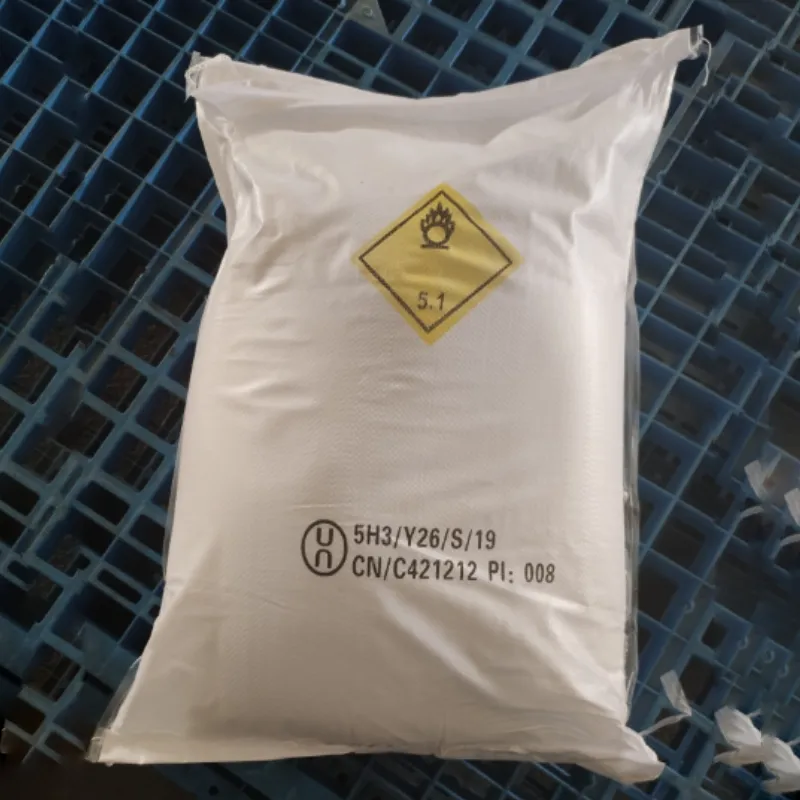
Effective Anti-Caking Solutions for Spice Preservation and Quality Enhancement
The Importance of Anti-Caking Agents for Spices
Spices are essential in culinary traditions around the world, enhancing flavors, aromas, and colors in a variety of dishes. However, one common issue that arises with the storage and use of powdered spices is caking. Caking occurs when spices clump together, forming hard lumps that can be difficult to break down. This not only affects the texture of the spice but also its ease of use and shelf life. To address this issue, anti-caking agents play a crucial role.
The Importance of Anti-Caking Agents for Spices
There are several types of anti-caking agents that are commonly used in the spice industry. Among the most popular are silica gel, calcium silicate, and magnesium carbonate. Silica gel, a non-toxic and highly porous substance, is effective at absorbing moisture and preventing clumping. Calcium silicate, derived from limestone, not only absorbs moisture but also helps to neutralize acidity, which can be beneficial in certain spice mixes. Magnesium carbonate, another safe option, acts as a drying agent while also providing some anti-caking properties.
anti caking agent for spices

The effectiveness of these agents depends on the specific spice being used, as well as the environmental conditions in which they are stored. For instance, spices that are more prone to moisture absorption, such as onion powder or garlic powder, might require a more robust anti-caking agent compared to drier spices like dried herbs. It is essential for manufacturers to choose the right anti-caking agent based on the particular characteristics of the spice to ensure optimal performance.
In addition to improving the usability of spices, anti-caking agents also have implications for food safety and quality. Caking can lead to the growth of mold and bacteria, particularly when spices are stored in humid environments. By minimizing moisture absorption, anti-caking agents help prolong the shelf life of spices and maintain their quality. This is particularly important for consumers who desire fresh and flavorful spices without the risk of spoilage.
Consumers should also be mindful of the presence of anti-caking agents in the products they purchase. While these additives are generally recognized as safe, it is always a good practice to read labels and choose products that use natural or organic anti-caking agents, if preferred. The growing trend towards clean labels and transparency in food sourcing has led many manufacturers to explore alternatives, prioritizing the use of natural substances that align with consumer preferences.
In conclusion, the incorporation of anti-caking agents in spice products is vital for maintaining quality, usability, and safety. As spices continue to play a significant role in global cuisine, the importance of anti-caking agents will only grow. By preventing clumping and promoting a free-flowing texture, these agents ensure that spices remain a versatile and essential component of cooking. As consumers become more aware of their choices, the demand for effective, safe, and natural anti-caking solutions will likely shape the future of the spice industry, fostering innovation and quality in spice production.
-
Aluminum Hydroxide: Quality Gels & Dried Gel AntacidNewsAug.31,2025
-
Buy High-Quality Trichloroisocyanuric Acid for Sale | TCCA 90% SupplierNewsAug.30,2025
-
Pure Sodium Dichloroisocyanurate Dihydrate | Powerful DisinfectantNewsAug.29,2025
-
Industrial Chemicals: Quality & Purity for Every IndustryNewsAug.28,2025
-
Nitrile Rubber Honoring Strict Production StandardsNewsAug.22,2025
-
Aspartame Ingredients Honoring Food Safety ValuesNewsAug.22,2025
-
Fertilizer for Balanced Plant NutritionNewsAug.22,2025
Hebei Tenger Chemical Technology Co., Ltd. focuses on the chemical industry and is committed to the export service of chemical raw materials.
-

view more DiethanolisopropanolamineIn the ever-growing field of chemical solutions, diethanolisopropanolamine (DEIPA) stands out as a versatile and important compound. Due to its unique chemical structure and properties, DEIPA is of interest to various industries including construction, personal care, and agriculture. -

view more TriisopropanolamineTriisopropanolamine (TIPA) alkanol amine substance, is a kind of alcohol amine compound with amino and alcohol hydroxyl, and because of its molecules contains both amino and hydroxyl. -

view more Tetramethyl Thiuram DisulfideTetramethyl thiuram disulfide, also known as TMTD, is a white to light-yellow powder with a distinct sulfur-like odor. It is soluble in organic solvents such as benzene, acetone, and ethyl acetate, making it highly versatile for use in different formulations. TMTD is known for its excellent vulcanization acceleration properties, which makes it a key ingredient in the production of rubber products. Additionally, it acts as an effective fungicide and bactericide, making it valuable in agricultural applications. Its high purity and stability ensure consistent performance, making it a preferred choice for manufacturers across various industries.





